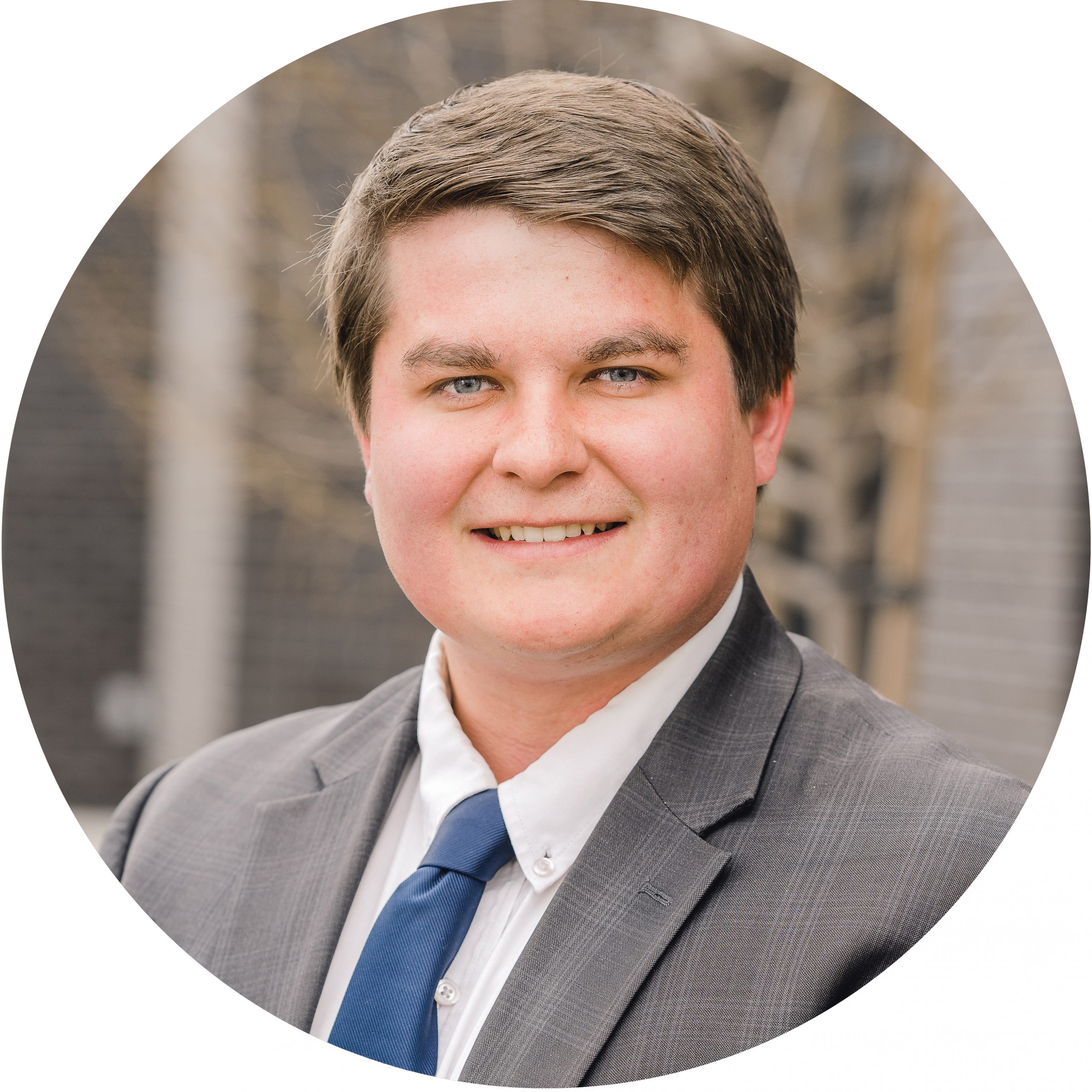The Cornhusker State, a state known for its expansive prairies and agriculture industry, just made a strong move in innovation.
In 2023, Senator Anna Wishart introduced Legislature Bill 587, which later became part of Senator Julie Slama’s banking and omnibus package, which established an insurance regulatory sandbox—the state’s first.
What Regulatory Sandboxes Do
A regulatory sandbox allows businesses, under the observation of regulators, to develop and offer new products, services, and business models while receiving a temporary waiver of regulations inapplicable to their innovative ideas.
The sandbox:
- Allows a company to temporarily offer its products and services in a controlled environment for up to two years;
- Requires that a company remain transparent to the consumers in an effort to inform them of the services they are exploring;
- Provides a process for entering and exiting from the sandbox so consumers aren’t left high and dry;
- Establishes the insurance sandbox in Nebraska’s Department of Insurance.

If the trial is a success, the sandbox offers a path forward for the company to legitimately enter the open market while also providing guidance to the insurance department on which regulations require reform or even repeal.
The sandbox doesn’t just benefit new companies, but also existing ones.
By providing businesses–both big and small, old and new–the opportunity to innovate in the insurance space, it’ll be interesting to see what the “next big thing” will come as a result of Nebraska’s insurance sandbox.
Platte Institute proved instrumental in getting L.B. 587 and 92 through their Senate. This was done with overwhelming support before receiving Governor Jim Pillen’s signature. Nebraska now joins fourteen other states that have created sandboxes of their own.
Regulatory sandboxes are an issue that Libertas has researched extensively. We stand ready to help your state pursue this reform opportunity as we have with Nebraska. For groups or legislators in other states looking to work on the issue, we’d love to help.





